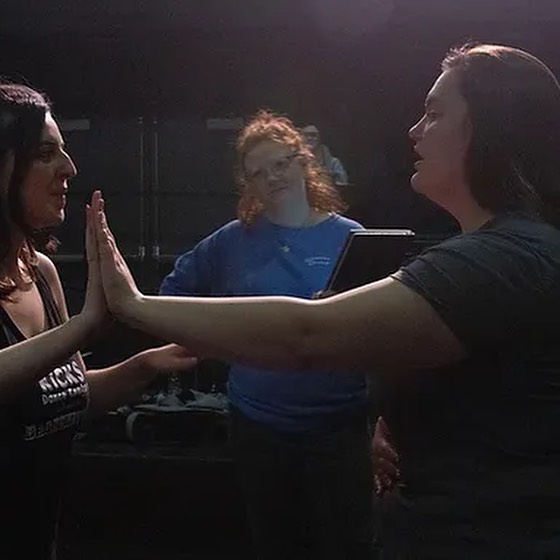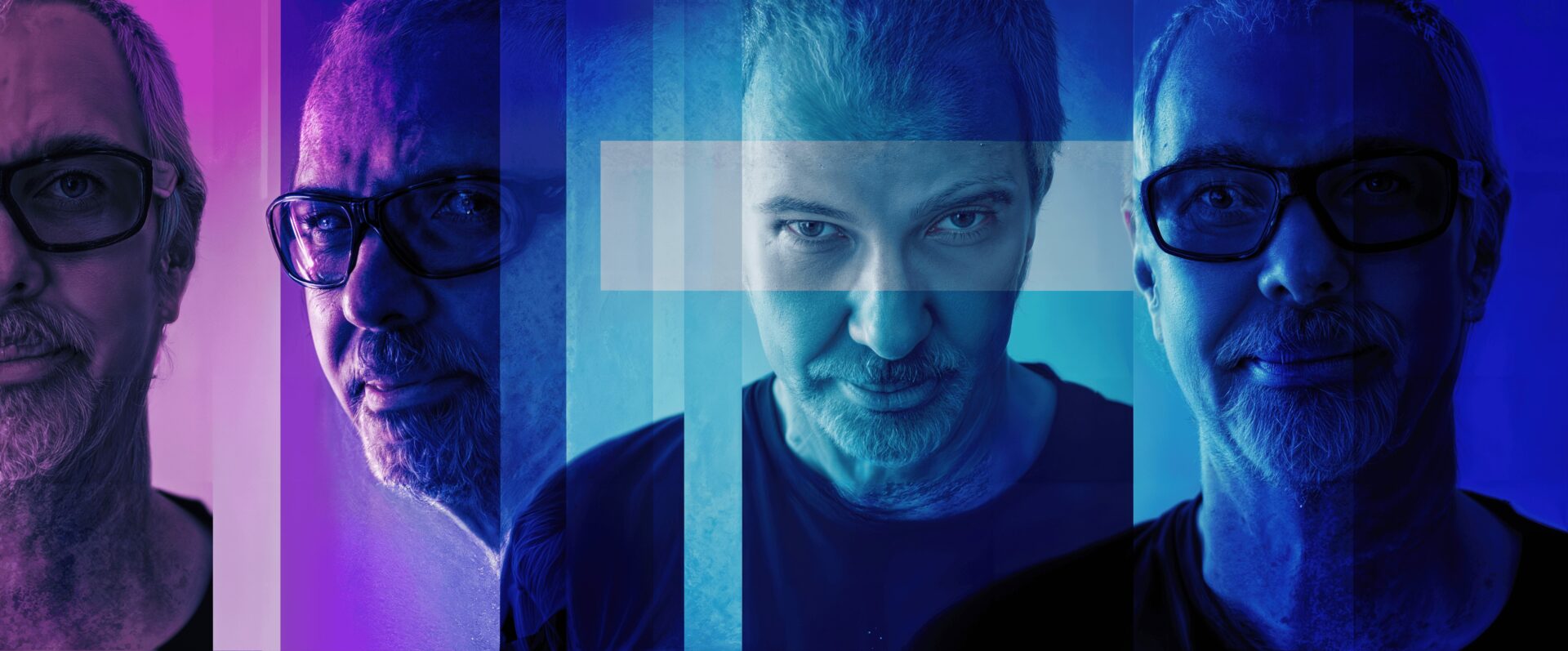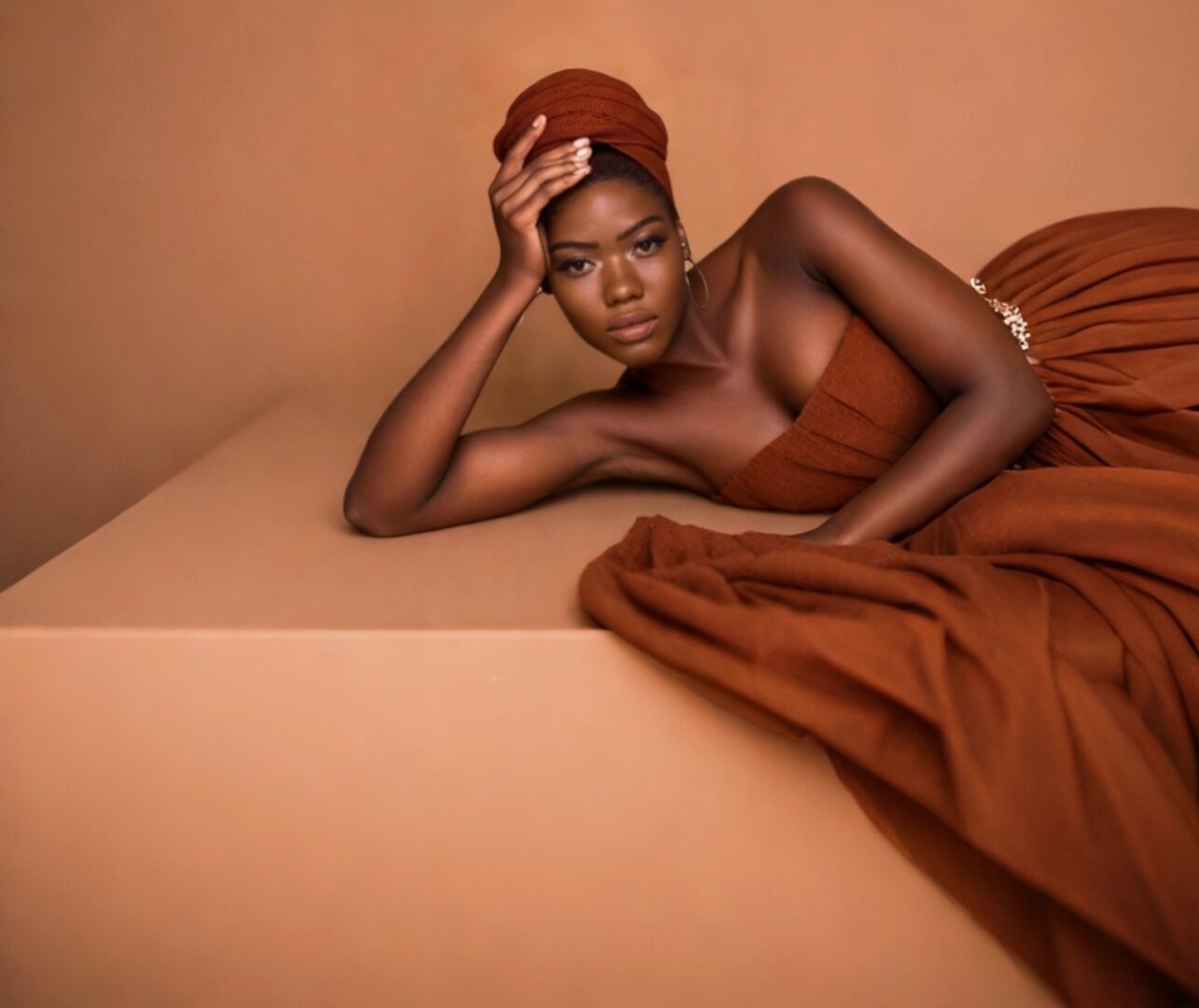We were lucky to catch up with Megan Lummus recently and have shared our conversation below.
Megan, so good to have you with us today. We’ve got so much planned, so let’s jump right into it. We live in such a diverse world, and in many ways the world is getting better and more understanding but it’s far from perfect. There are so many times where folks find themselves in rooms or situations where they are the only ones that look like them – that might mean being the only woman of color in the room or the only person who grew up in a certain environment etc. Can you talk to us about how you’ve managed to thrive even in situations where you were the only one in the room?
I’ve found the way I’m able to be effective in rooms when I’m the only one in the room who “looks” like me is by being unashamedly myself. There have been situations in the past where I’ve tried to fit into what other people expect from me, and it’s never effective. It can work for a small period of time, but even if it is “successful” in a technical way, I feel uneasy about the way I treated myself in the room, which isn’t success for me. It’s not easy being yourself completely and unapologetically in rooms where no one else looks like you. I’ve been in rooms as the only woman, the only neurodivergent person, and the only queer person (sometimes all three at once), and each room is different. The thing I’ve realized, especially as someone who has to lead a room, is that I cannot be effective at my job if I’m too busy worrying about how people will view me.
This is all easier said than done, and I’m still learning how to do it. Being the only person from a community in a room is scary and alienating, and you never know how people are going to react to it.
When I have doubts or fears about being the only person like me in a room, I think about how difficult it’s been for me to be open about my marginalized identities, specifically as an autistic person. This is because I never saw another openly autistic director. If I strive to be unapologetically myself, in every way I am myself, then maybe that can make a difference for others. Many of my identities are invisible, and so there’s no way of knowing if I’m truly the only one in the room. However, as the only one open about it in the room, I try to make the space as welcoming and accessible as I can, even if it’s only in a small way.
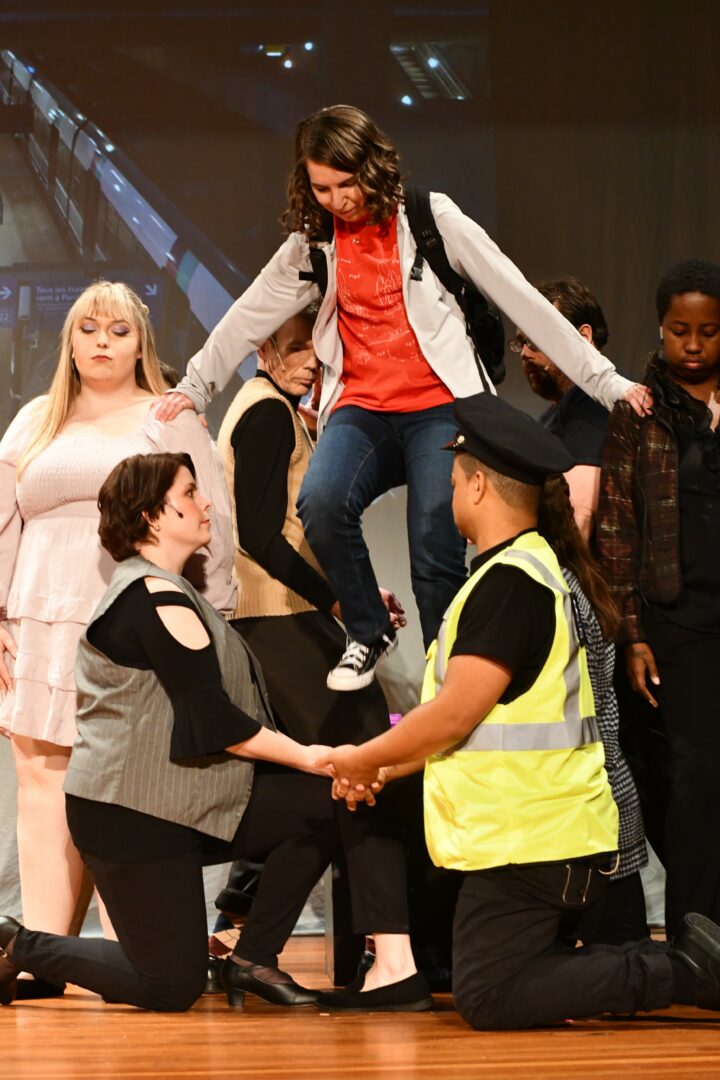
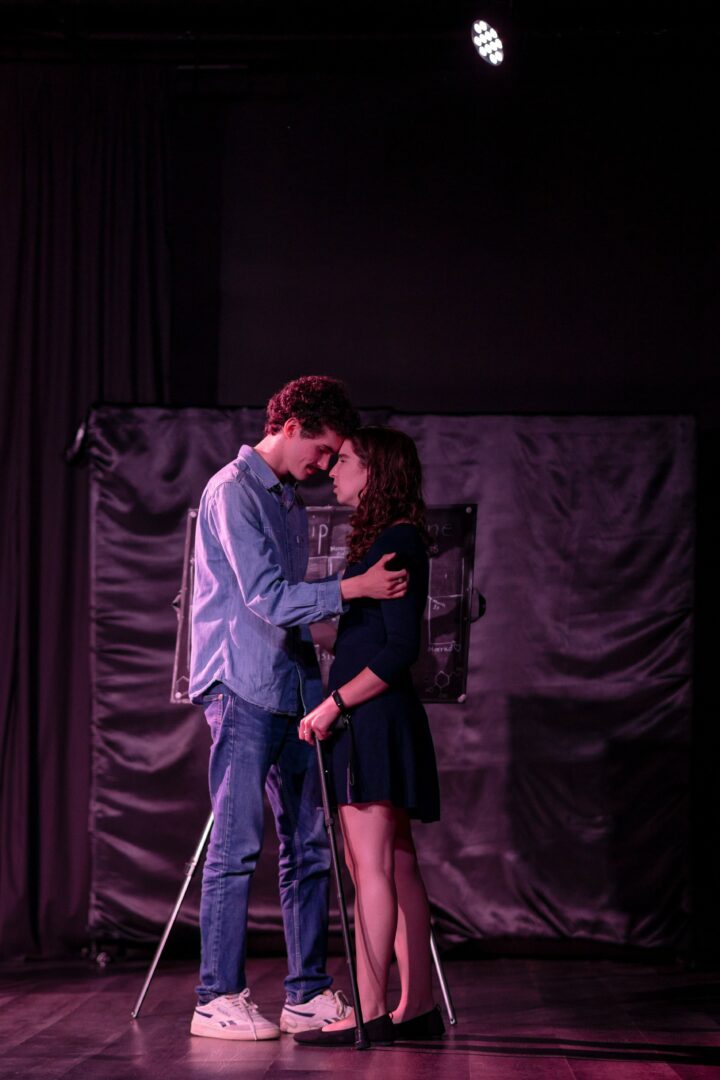
Great, so let’s take a few minutes and cover your story. What should folks know about you and what you do?
I’m an openly neurodivergent theatre director who focuses on telling feminist stories about the queer, neurodivergent, and disabled communities. I focus on creating theatrical spaces that are accessible to everyone, in any way we can. For a long time, theatre has been a largely inaccessible space for many, but especially for the disabled community. What I aim to do is change the narrative around what theatre can be, what it can mean, and what it can do. My art focuses on trying to explore the world in ways that challenge and invigorate an audience to look at how they impact the world around them. I want people to leave a show I directed and think about it for a long time after. I want the show to help them know and understand their place in the world, good or bad. I want to create change, both in the ways we look at art and the ways we look at each other.
I think the theatre I create is exciting because it’s actively creating a space for a community that has long been excluded from the theatrical world. I also think it’s exciting because I don’t know many other openly autistic theatre directors, and it’s my hope that I can help pave a path for that to not be the case in the future.
I always have lots of theatre events going on. This spring I have two staged readings with the Neurodivergent New Play Series. I’m directing a reading of AcaDeca by Alexandra Passanisi on Feb 16th at 2pm, and a reading of Crosswords by AJ on June 15th at 2pm. I always have more projects in the works, and I update my projects on my Instagram: @meganlummus
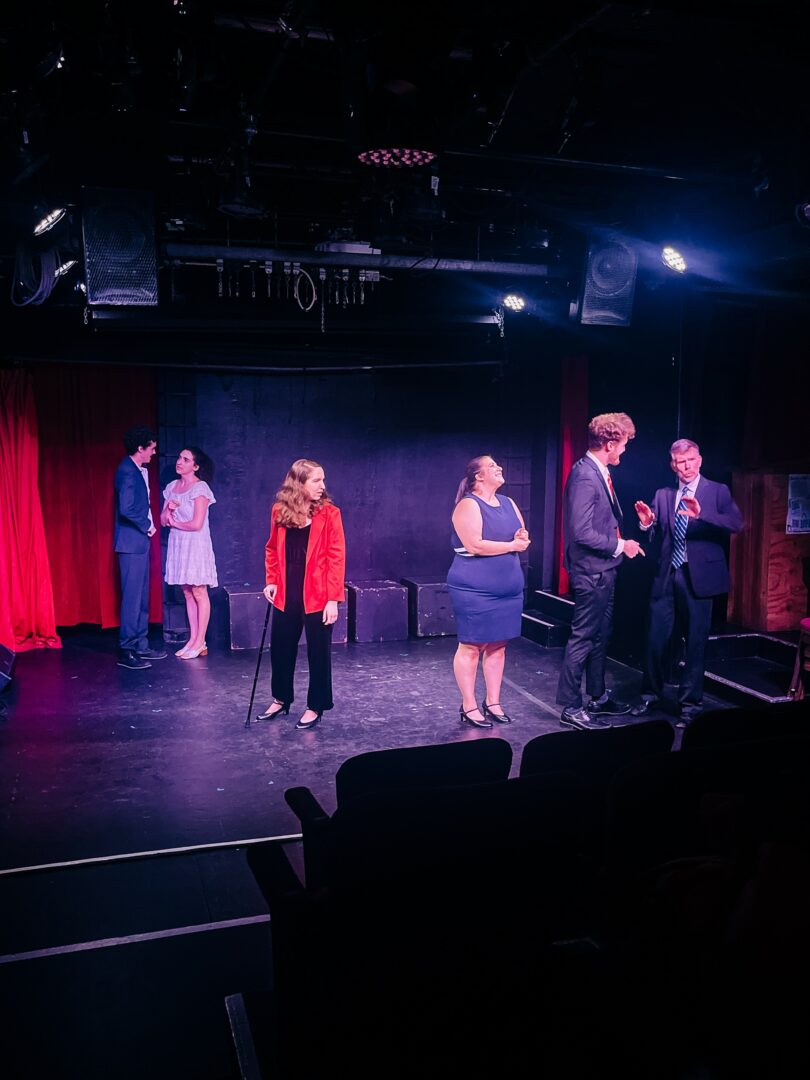
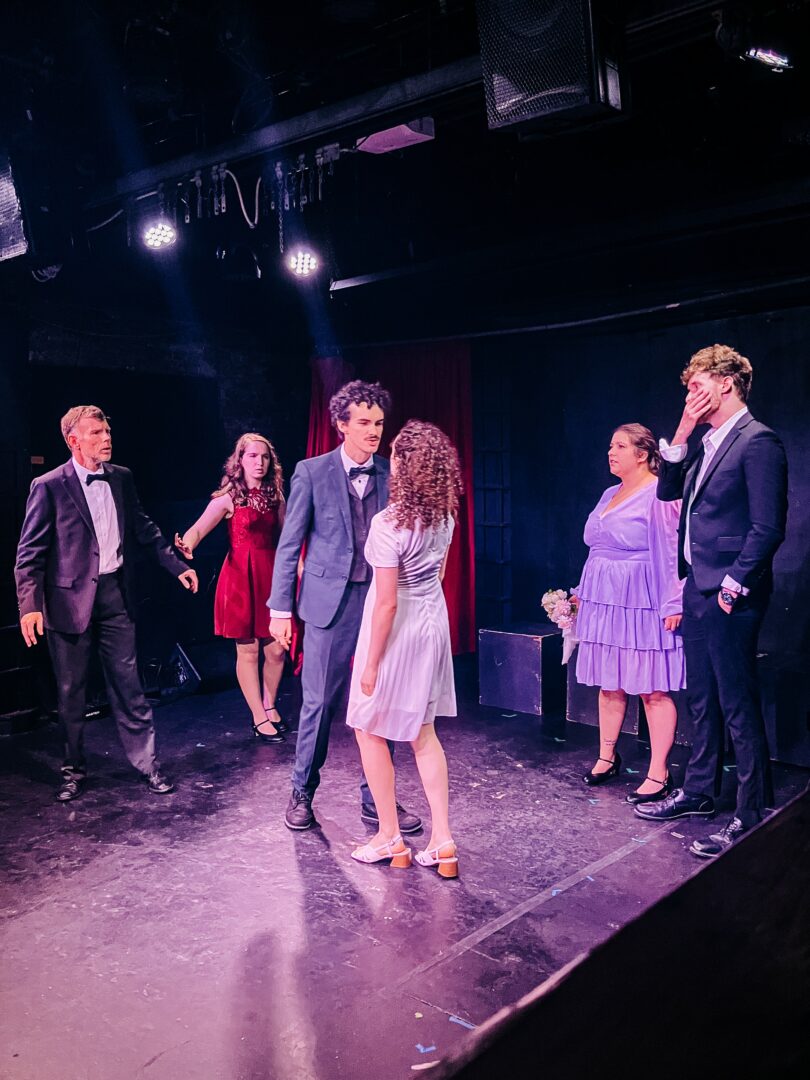
Looking back, what do you think were the three qualities, skills, or areas of knowledge that were most impactful in your journey? What advice do you have for folks who are early in their journey in terms of how they can best develop or improve on these?
I would say I’m still very early on my journey, so I’m still developing a lot of these skills. However, some of the things that have been impactful to me so far are focusing on empathy, knowledge, and perseverance. Empathy is something that is helpful in everything, but especially in theatre. In theatre, we’re constantly working with other human beings to tell stories about human beings. Approaching a production process with an empathy for everyone is important to me, because everyone comes into a space with their own lives outside of the show we’re working on.
I believe that empathy is the first step to accessibility. It’s not always easy to be empathetic; sometimes you have to actively practice at it. It can be really easy to get caught up in your own world and what you need. Then you forget that other people have things that may be preventing them from doing what you need from them. Actively practicing empathy helps to place your individual wants for a show in the context of everyone’s needs.
A big thing I’ve learned when trying to practice empathy is taking a deep breath and a step back when things get frustrating. It’s okay to take a break and get some fresh perspective on a situation. I promise, no matter how bad a situation may seem, or how close you are to a deadline, even the smallest of breaks will be worth it.
I’m always on the hunt for knowledge and learning. I don’t just mean learning skills in your craft, though that is important, I also mean learning about yourself and the people around you. I haven’t always been an accessibility-first director. It’s something I’ve learned and developed through working with others. I learned a lot about myself when I directed my first show as an openly autistic person. I learned about how people treat you, and also the type of environment I want to create. I try to actively get feedback from others in order to improve my practices. I listen to others and make sure I take their opinions seriously.
Lastly, perseverance has been huge in my journey so far. Anyone who works in the theatre industry will tell you that rejection is part of the business, and you have to find a way to deal with it. I’ve been struggling to persevere in the face of rejection, but I’ve started to look at rejection as redirection. I try to use not getting an opportunity as a way to make a new opportunity. My perseverance is largely shown through my determination. I refuse to wait around for someone to give me an opportunity, and have started to just create my own. It’s not easy to self-produce work that you also direct, especially when people don’t know who you are or you don’t have a theatre company name attached to you. However, I believe in the stories I’m telling, and I think telling those stories is important. It’s the belief in my purpose as a director that keeps me going. Whatever your purpose is for doing what you do, find it and hold on to it, because it will be what helps to develop your perseverance.
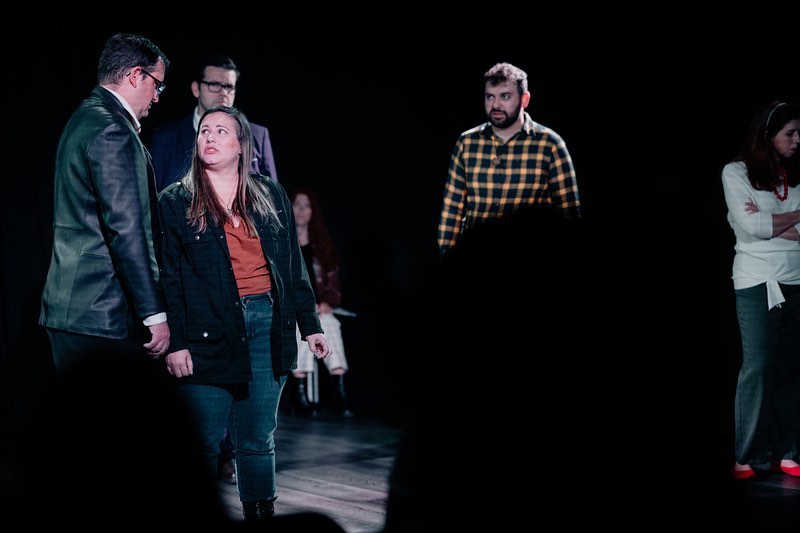
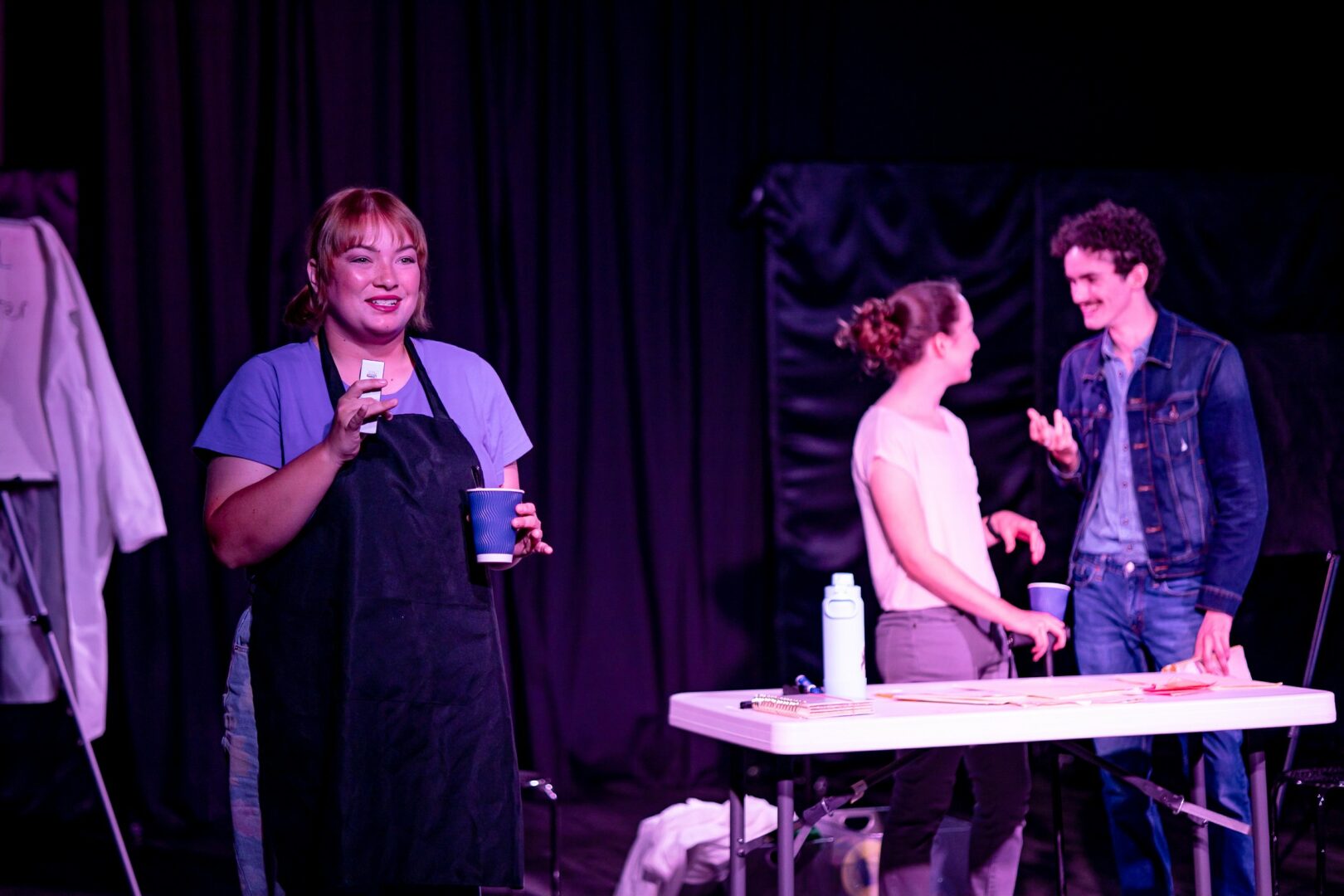
What do you do when you feel overwhelmed? Any advice or strategies?
As a neurodivergent artist and someone who is scarily ambitious, I get overwhelmed quite a lot. I often take on too many projects at once, and the balancing can be difficult. I have a few ways of trying to manage this. I’m a big to-do list person. I always have a running to-do list on my phone. I find that once I write something down it gets out of my head, and I’m less stressed about it. If it’s something that I’ll have to remember to do later, I put a reminder on my phone so that I can be alerted to it without having to remind myself.
I’ve learned, especially recently, that the key to dealing with overwhelm is to take things one step at a time, and also make sure you’re carving out space for yourself. The best advice I can give is to make sure you have at least ten minutes a day of rest. That rest can look like anything! I enjoy reading a book, even for just a few minutes before bed, or taking a few minutes in my room alone to decompress.
The best advice I can give, however, is that learning what works best for you takes a lot of trial and error. I didn’t figure this out overnight, and I’m still working to figure it out now. Grant yourself some forgiveness, and try different techniques until you find the one that feels right.
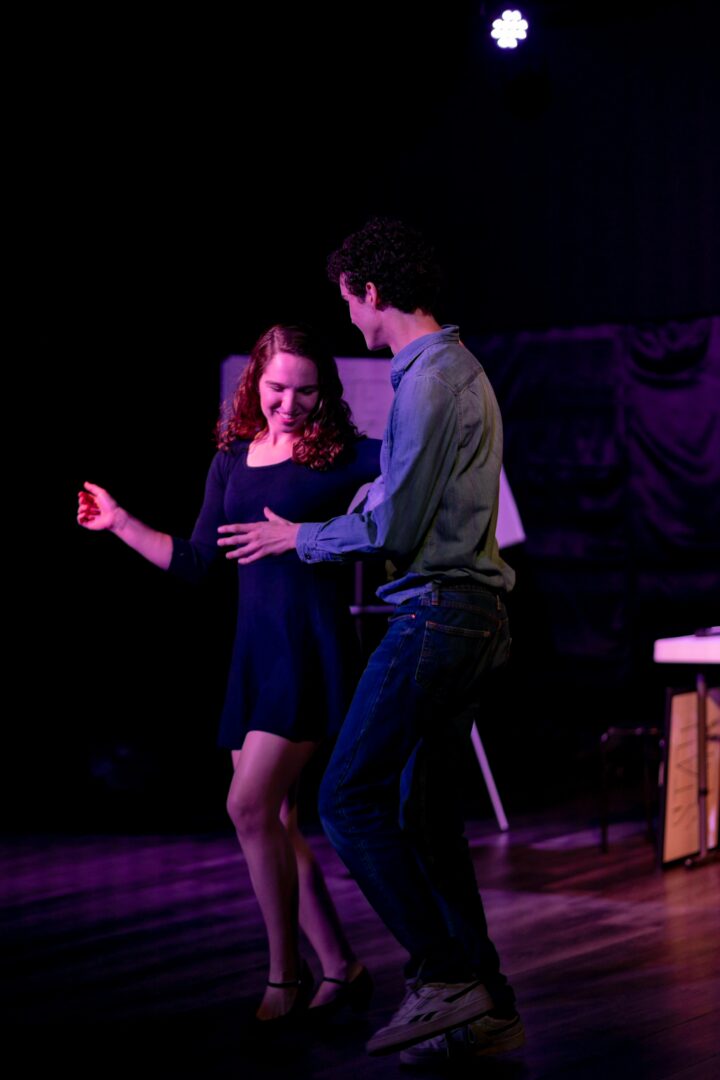
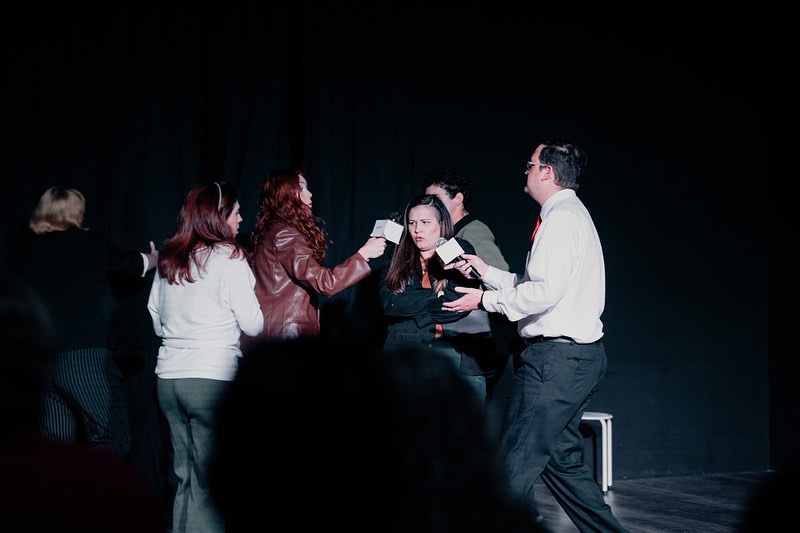
Contact Info:
- Website: meganlummus.com
- Instagram: meganlummus
Image Credits
Photos by Jana Miles, Meg Burke, and Megan Lummus

